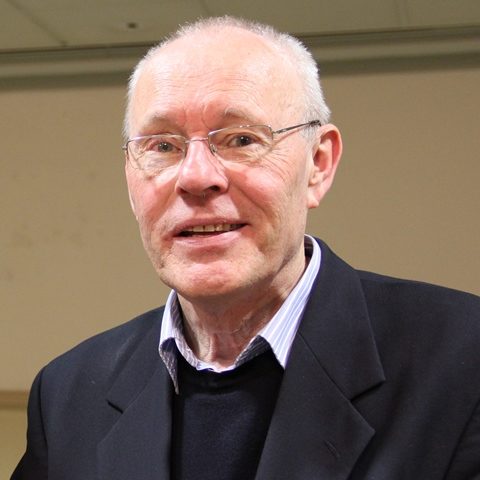“I will be with you!” [Exodus 3:12]
“What does it profit if you gain the whole world, but lose or forfeit your very self?” [Luke 9:25]
“Jesus said to his disciples: ‘Do not worry about your life'” [Luke 12:22]
The French Jesuit, Jean-Pierre de Caussade (1675-1751), writes: “God speaks to every individual through what happens to them moment by moment…. The events of each moment are stamped with the will of God… we find all that is necessary in the present moment. If we have abandoned ourselves to God, there is only one rule for us: the duty of the present moment.” [Jean-Pierre de Caussade, Abandonment to Divine Providence, Image, 1975, 10.]
This is a particular – and very practical – example of the Catholic understanding of sacramentality: in and through time we encounter eternity, in and through the material we encounter the spiritual, in and through the human we encounter the divine.
A modern novelist writes of a man who has everything: “How did it happen that now for the first time in his life he could see everything so clearly? Something had given him leave to live in the present. Not once in his entire life had he allowed himself to come to rest in the quiet center of himself but had forever cast himself forward from some dark past he could not remember to a future which did not exist. Not once had he ever been present for his life. So his life had passed like a dream. Is it possible for people to miss their lives in the same way that one misses a plane? And how is it that death, the nearness of death, can restore a missed life? Why is it that without death one misses his life?” [Walker Percy, The Second Coming, Farrar, Straus & Giroux, 1980, 123f.]
Michael Leunig writes: “We pray for another way of being: another way of knowing. Across the difficult terrain of our existence we have attempted to build a highway and in so doing have lost our footpath. God lead us to our footpath: lead us there where in simplicity we may move at the speed of natural creatures and feel the earths love beneath our feet. Lead us there where step-by-step we may feel the movement of creation in our hearts. And lead us there where side-by-side we may feel the embrace of the common soul. Nothing can be loved at speed. God lead us to the slow path; to the joyous insights of the pilgrim; another way of knowing: another way. Amen.” [Michael Leunig, When I Talk to You: A Cartoonist Talks to God, Harper Collins.]
Exercise One
Slow down – move more slowly, eat more slowly, drink more slowly, clean your teeth more slowly, and so on. Be more deliberate and reflective about the one hundred and one little things you do every day. Make a cup of coffee reflectively, conscious of each little part of this utterly ordinary task. Wash your face in the same way, walk, dress, sign your name, get in and out of the car ….. Be present to yourself and the moment and what you are doing.
Exercise Two
Take time out to reflect on what you value most. When you have decided what you value most, put that alongside where/how you invest your best energies in a given week. Are you happy about what you see?
